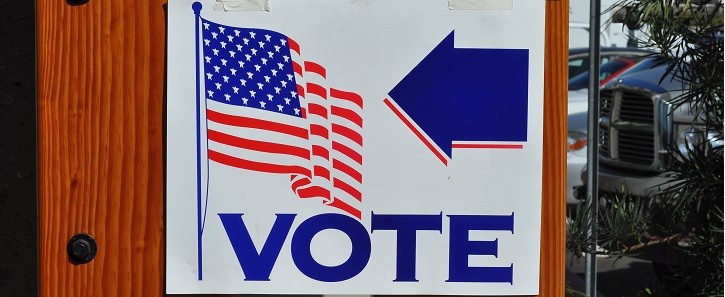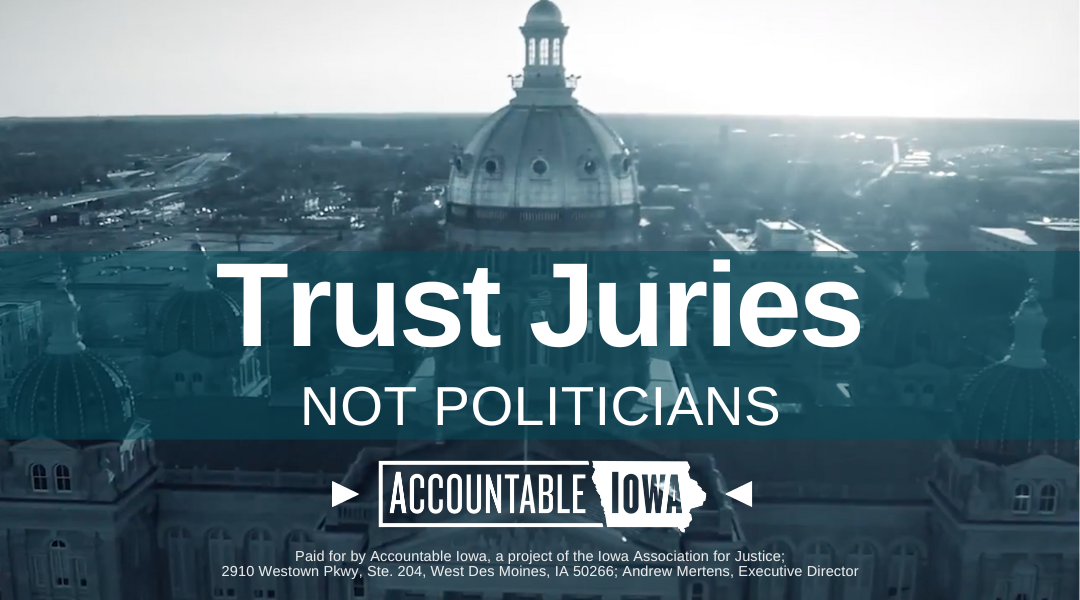Judicial Watch announced today it filed a civil rights lawsuit on behalf of the Libertarian Party of Mississippi, challenging a Mississippi election law permitting absentee ballots to be received as long as five business days after Election Day (Libertarian Party of Mississippi v Wetzel et al. (No. 1:24-cv-00037)).
Judicial Watch’s lawsuit details:
Under federal law, the first Tuesday after the first Monday in November of every even-numbered year is election day (“Election Day”) for federal elections. See 2 U.S.C. §§ 1, 7 and 3 U.S.C. § 1.
Congress recently reaffirmed a single national Election Day when it enacted the Electoral Count Reform Act (“ECRA”). 136 Stat. 5233, 525 (enacted as Div. P., Title I, § 102(b) of the Consolidated Appropriations Act, 2023, 117 Pub. L. No. 328, Dec. 29, 2022). See 3 U.S.C. § 21.
Under the recent Congressional amendments, no extension of Election Day shall be allowed unless there are “force majeure events that are extraordinary and catastrophic” that justify extension. 3 U.S.C. § 21.
Despite Congress’ unambiguous and longstanding statement regarding a single and uniform national Election Day, Mississippi extended Election Day by allowing five additional business days after Election Day for receipt of absentee ballots. See Miss. Code Ann. § 23-15-637(1)(a).
No “force majeure events that are extraordinary and catastrophic” currently exist in Mississippi to justify extending the ballot receipt deadline for the November 5, 2024 federal election for Presidential and Vice-Presential Electors. See 3 U.S.C. § 21.
Judicial Watch argues that holding voting open for five days past Election Day violates the constitutional rights of voters and candidates:
Counting untimely, illegal, and invalid votes, such as those received in violation of federal law, substantially increases the pool of total votes cast and dilutes the weight of votes cast by Plaintiff’s members and others in support of Plaintiff’s federal nominees.
The complaint points out that, based on the reported numbers, as many as 1.7% of votes cast in Mississippi in 2020 were received after Election Day.
In 2022, Judicial Watch, on behalf of Congressman Mike Bost and two other registered voters, sued Illinois allowing vote-by-mail ballots (even those without postmarks) to be counted if received up to 14 calendar days after Election Day if the ballots are dated on or before Election Day. The case is now on appeal.
“The law requires an ‘Election Day,’ not an ‘Election Week.’ Mississippi’s five-day extension of Election Day beyond the date set by Congress is illegal, violates the civil rights of voters, and encourages fraud,” said Judicial Watch President Tom Fitton.
Judicial Watch is a national leader in voting integrity and voting rights. As part of its work, Judicial Watch assembled a team of highly experienced voting rights attorneys who stopped discriminatory elections in Hawaii, and cleaned up voter rolls in California, Ohio, Indiana, and Kentucky, among other achievements.
Robert Popper, a Judicial Watch senior attorney, leads its election law program. Popper was previously in the Voting Section of the Civil Rights Division of the Justice Department, where he managed voting rights investigations, litigations, consent decrees, and settlements in dozens of states.
In December 2023, notice letters to election officials in the District of Columbia, California, and Illinois, notifying them of evident violations of the National Voter Registration Act (NVRA) of 1993, based on their failure to remove inactive voters from their registration rolls. The letters point out that these jurisdictions publicly reported removing few or no ineligible voter registrations under a key provision of the NVRA. The letters threaten federal lawsuits unless the violations are corrected in a timely fashion. In response to Judicial Watch’s inquiries, Washington, DC, officials admitted that they had not complied with the NVRA, promptly removed 65,544 outdated names from the voting rolls, promised to remove 37,962 more, and designated another 73,522 registrations as “inactive.”
In July 2023 Judicial Watch filed an amicus curiae (friend of the court) brief, supporting the decision of the U.S. District Court for the District of Maine, which struck down Maine’s policy restricting the use and distribution of the state’s voter registration list (Public Interest Legal Foundation v. Shenna Bellows (No. 23-1361). According to a national study conducted by Judicial Watch in 2020, Maine’s statewide registration rate was 101% of eligible voters.
Judicial Watch in July 2023 also settled a federal election integrity lawsuit on behalf of the Illinois Conservative Union against the state of Illinois, the Illinois State Board of Elections, and its director, which grants access to the current centralized statewide list of registered voters for the state for the past 15 elections.
In April 2023, Pennsylvania settled with Judicial Watch and admitted in court filings that it removed 178,258 ineligible registrations in response to communications from Judicial Watch. The settlement commits Pennsylvania and five of its counties to extensive public reporting of statistics regarding their ongoing voter roll clean-up efforts for the next five years.
In March 2023, Colorado agreed to settle a Judicial Watch NVRA lawsuit alleging that Colorado failed to remove ineligible voters from its rolls. The settlement agreement requires Colorado to provide Judicial Watch with the most recent voter roll data for each Colorado county each year for six years.
In February 2023, Los Angeles County confirmed removal of 1,207,613 ineligible voters from its rolls since last year, under the terms of a settlement agreement in a federal lawsuit Judicial Watch filed in 2017.
Judicial Watch settled a federal election integrity lawsuit against New York City after the city removed 441,083 ineligible names from the voter rolls and promised to take reasonable steps going forward to clean its voter registration lists.
Kentucky also removed hundreds of thousands of old registrations after it entered into a consent decree to end another Judicial Watch lawsuit.
In February 2022, Judicial Watch settled a voter roll clean-up lawsuit against North Carolina and two of its counties after North Carolina removed over 430,000 inactive registrations from its voter rolls.
In March 2022, a Maryland court ruled in favor of Judicial Watch’s challenge to the Democratic state legislature’s “extreme” congressional-districts gerrymander.
















